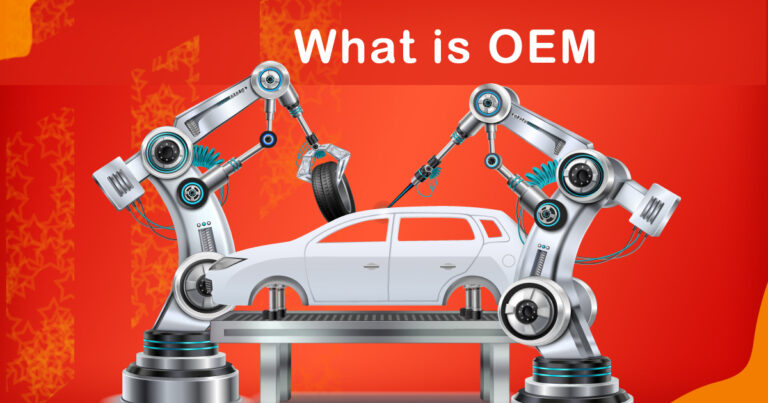Introduction
In the realm of industrial automation and control systems, Modbus stands as a cornerstone protocol, facilitating communication between various devices and systems. Originally developed by Modicon in 1979, Modbus has evolved into a widely adopted standard owing to its simplicity, robustness, and versatility.
Understanding Modbus
Modbus operates as a communication protocol designed for transmitting data over serial lines between electronic devices. It is widely used in industrial electronic devices such as PLCs (Programmable Logic Controllers), RTUs (Remote Terminal Units), and SCADA (Supervisory Control and Data Acquisition) systems. In India, where industrial automation is rapidly expanding across sectors like manufacturing, energy, and infrastructure, Modbus plays a pivotal role in ensuring seamless data exchange and system integration.
Types of Modbus
Modbus RTU (Remote Terminal Unit):
RTU is a serial communication protocol that uses binary representation for data transmission. It operates over RS-232 or RS-485 physical interfaces, making it suitable for long-distance communication in industrial environments.
Modbus ASCII (American Standard Code for Information Interchange):
ASCII is another serial communication variant of Modbus, using readable characters to transmit data. It operates over RS-232 interfaces and is less commonly used compared to RTU.
Modbus TCP/IP:
With the advent of Ethernet and TCP/IP networking, Modbus TCP/IP has gained prominence. It encapsulates Modbus RTU frames into TCP packets, enabling communication over Ethernet networks. This variant is extensively used in modern industrial applications due to its speed and compatibility with existing IT infrastructure.
Applications of Modbus in India
In the Indian industrial landscape, Modbus finds extensive application across various sectors:
Manufacturing:
In factory automation, Modbus facilitates communication between PLCs, HMIs (Human Machine Interfaces), and other control devices, ensuring efficient production processes.
Energy Sector:
Power distribution systems and renewable energy plants utilize Modbus for real-time monitoring and control of equipment, enhancing operational efficiency and reliability.
Infrastructure:
SCADA systems deployed in water treatment plants, railways, and smart cities rely on Modbus for collecting data from remote devices and making informed decisions based on real-time information.
Advantages of Modbus
Interoperability:
Modbus’s open architecture allows devices from different manufacturers to communicate seamlessly, promoting interoperability in heterogeneous industrial environments.
Simplicity:
Its straightforward frame structure and ease of implementation make Modbus an attractive choice for engineers and developers alike.
Cost-Effectiveness:
Modbus operates effectively over simple communication hardware, minimizing infrastructure costs while delivering robust performance.
Challenges and Considerations
Despite its widespread adoption, Modbus is not without challenges:
Security:
Being a legacy protocol, Modbus lacks built-in security features, necessitating additional measures to safeguard against cyber threats.
Speed Limitations:
Modbus RTU’s speed is limited by the baud rate of the serial interface, which may pose challenges in applications requiring high-speed data transmission.
Future Prospects
As industries in India embrace digital transformation and Industry 4.0 initiatives, the role of Modbus remains pivotal. Integrating legacy systems with modern technologies like IoT (Internet of Things) and cloud computing opens new avenues for enhancing operational efficiency and predictive maintenance capabilities.
Conclusion
In conclusion, Modbus continues to be a cornerstone in industrial communication protocols, bridging the gap between legacy equipment and modern automation systems. Its simplicity, interoperability, and adaptability make it indispensable across diverse industrial sectors in India and globally. As technology evolves, so too will Modbus, adapting to meet the ever-changing demands of industrial automation. In the dynamic landscape of Indian industry, understanding Modbus is not just about technology; it’s about empowering businesses to achieve greater efficiency, reliability, and competitiveness in a global market driven by connectivity and data-driven insights.








